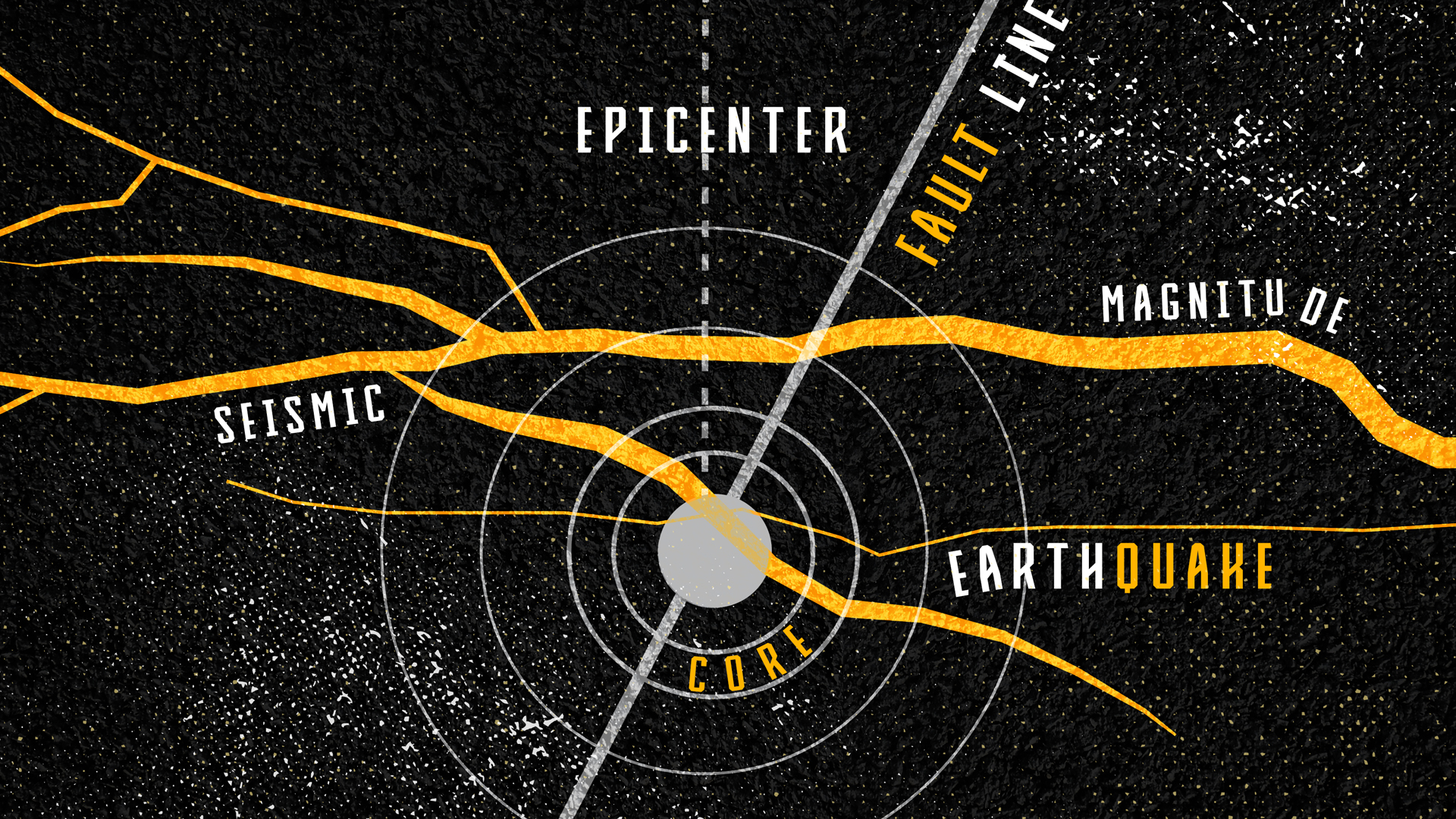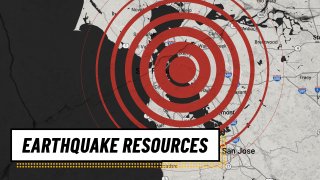
State, federal and international agencies -- as well as many businesses -- help residents prepare for the inevitable next quake. For more information on earthquakes and how to prepare for them, you can visit the following official sources:
USGS
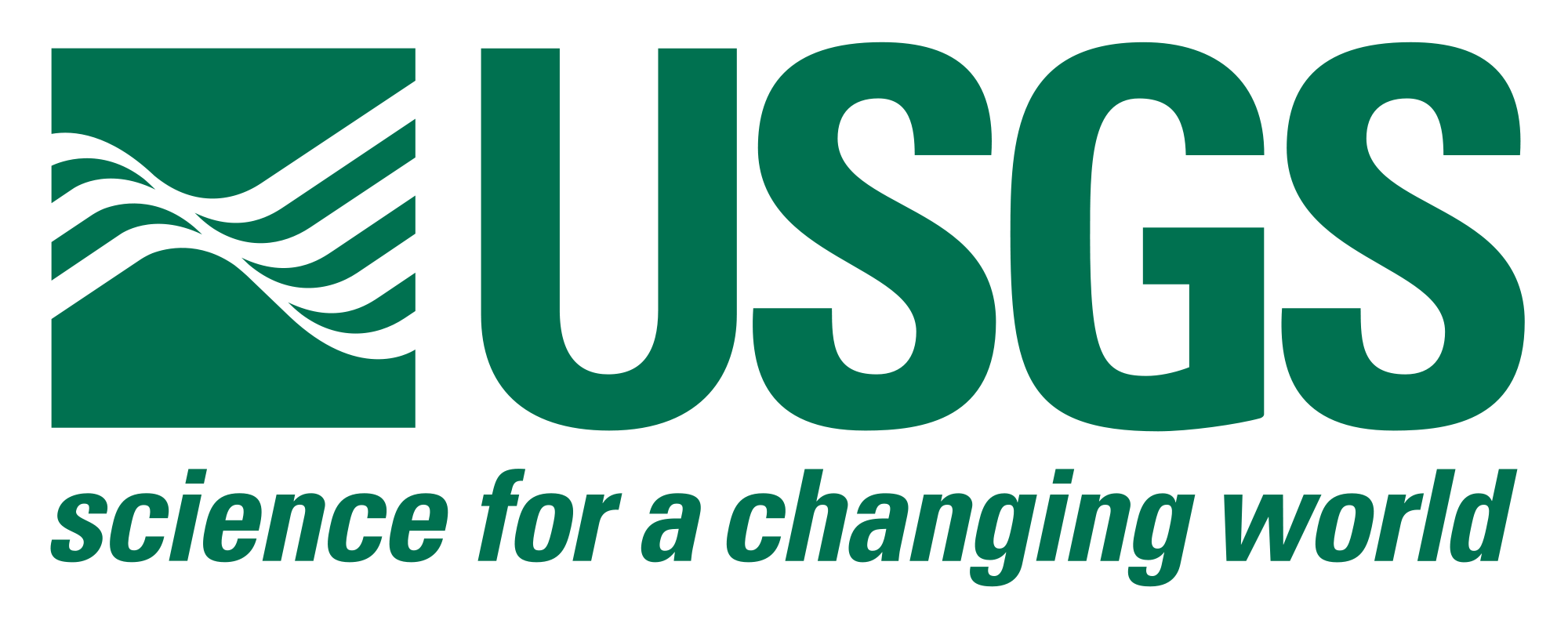 The United States Geological Survey (USGS) is a Federal agency responsible for recording and reporting earthquake activity nationwide. Their site has information on recent or historic quakes, fault zones of interest, statistics, photo collections, maps and more. One of their maps displays magnitude 2.5+ earthquakes around the world in the past day.
The United States Geological Survey (USGS) is a Federal agency responsible for recording and reporting earthquake activity nationwide. Their site has information on recent or historic quakes, fault zones of interest, statistics, photo collections, maps and more. One of their maps displays magnitude 2.5+ earthquakes around the world in the past day.
Red Cross
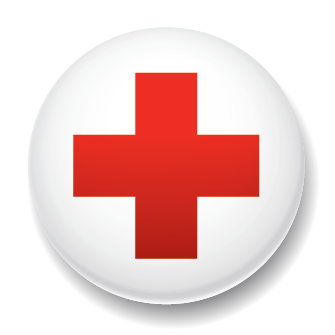 The American Red Cross staff work to deliver vital services - from providing relief and support to those in crisis, to helping people be prepared to respond in emergencies.
Their site provides tips on what to do before, during and after a quake - as well as an earthquake safety checklist.
The American Red Cross staff work to deliver vital services - from providing relief and support to those in crisis, to helping people be prepared to respond in emergencies.
Their site provides tips on what to do before, during and after a quake - as well as an earthquake safety checklist.
Ready.gov
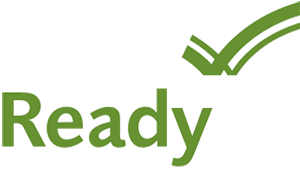 Ready.gov provides tip sheets, videos and graphics to help plan ahead for emergencies. Their site also features online games that helps kids learn about disaster preparedness.
Ready.gov provides tip sheets, videos and graphics to help plan ahead for emergencies. Their site also features online games that helps kids learn about disaster preparedness.
Earthquake Country Alliance
 ECA develops resources to help all who live in earthquake country to be prepared, survive and recover quickly. Their site offers "Seven Steps to Earthquake Safety", earthquake preparedness materials en español and materials to participate in the "GreatShakeOut Earthquake Drills" to promote earthquake awareness.
ECA develops resources to help all who live in earthquake country to be prepared, survive and recover quickly. Their site offers "Seven Steps to Earthquake Safety", earthquake preparedness materials en español and materials to participate in the "GreatShakeOut Earthquake Drills" to promote earthquake awareness.
Get a weekly recap of the latest San Francisco Bay Area housing news. >Sign up for NBC Bay Area’s Housing Deconstructed newsletter.
California Earthquake Authority (CEA)
 CEA provides simple personal preparedness tips and resources to help create a safety plan for the family. Their site also offers detailed lists of earthquake preparation supplies and ways to protect your home BEFORE an earthquake strikes.
CEA provides simple personal preparedness tips and resources to help create a safety plan for the family. Their site also offers detailed lists of earthquake preparation supplies and ways to protect your home BEFORE an earthquake strikes.
Cal OES
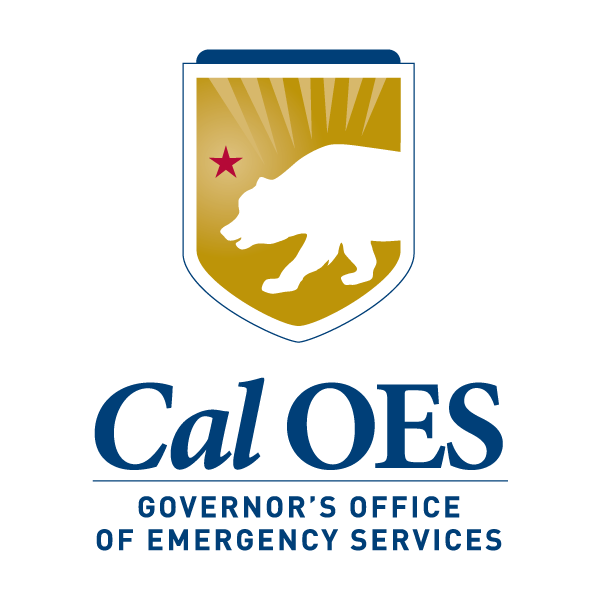 The California Office of Emergency Services focuses on maintaining a state of readiness amidst any risks or threats to the people, property and environment of California. They have a tool called MyHazards that helps residents discover hazards in their area (earthquake, flood, fire, and tsunami) and learn steps to reduce personal risk. You can type in your address to check what natural hazards impact your neighborhood.
The California Office of Emergency Services focuses on maintaining a state of readiness amidst any risks or threats to the people, property and environment of California. They have a tool called MyHazards that helps residents discover hazards in their area (earthquake, flood, fire, and tsunami) and learn steps to reduce personal risk. You can type in your address to check what natural hazards impact your neighborhood.
FEMA
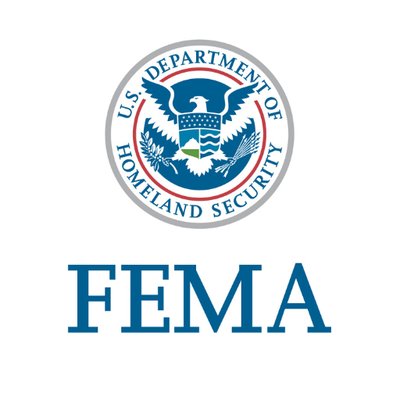 The Federal Emergency Management Agency (FEMA) is committed to helping people before, during, and after disasters. Their site provides extensive research and disaster information, including ways to get formal training and education to become one of the nation’s first responders.
The Federal Emergency Management Agency (FEMA) is committed to helping people before, during, and after disasters. Their site provides extensive research and disaster information, including ways to get formal training and education to become one of the nation’s first responders.
PG&E
 Pacific Gas and Electric Company offers tips on ensuring that your gas systems can withstand earthquake damage. Their site also has guidelines on how to stay safe during an earthquake, with reminders like turning off the stove before taking cover (if you're cooking).
Pacific Gas and Electric Company offers tips on ensuring that your gas systems can withstand earthquake damage. Their site also has guidelines on how to stay safe during an earthquake, with reminders like turning off the stove before taking cover (if you're cooking).
Allstate
 Allstate offers guidance on earthquake preparation, recovery and insurance. Their site also has tools and resources for motorists with tips on what to do if you’re on the road when an earthquake occurs.
Allstate offers guidance on earthquake preparation, recovery and insurance. Their site also has tools and resources for motorists with tips on what to do if you’re on the road when an earthquake occurs.
Quake Readiness
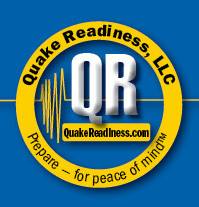 Quake Readiness LLC understands that preparing for an earthquake is a process - they offer consulting and coaching services to help. Their site has links to many resources, including one that leads to finding out how close you live to a fault in California.
Quake Readiness LLC understands that preparing for an earthquake is a process - they offer consulting and coaching services to help. Their site has links to many resources, including one that leads to finding out how close you live to a fault in California.
Tokyo Metropolitan Government
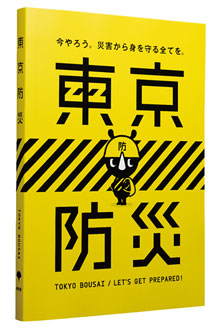 The Tokyo Metropolitan Government has compiled a manual to help households prepare for various natural disasters, including earthquakes. While the "Disaster Preparedness Tokyo" manual may be tailored toward the various local features of Tokyo, it contains useful and easy-to-understand general information on how to prepare and respond to a disaster.
The Tokyo Metropolitan Government has compiled a manual to help households prepare for various natural disasters, including earthquakes. While the "Disaster Preparedness Tokyo" manual may be tailored toward the various local features of Tokyo, it contains useful and easy-to-understand general information on how to prepare and respond to a disaster.
CDC
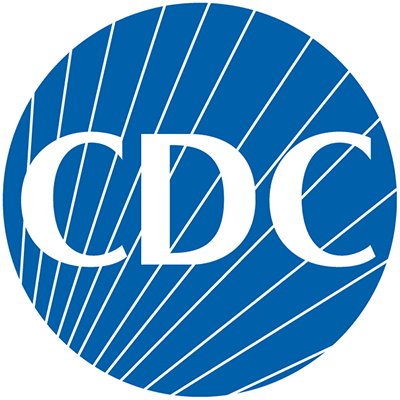 Centers for Disease Control and Prevention (CDC) helps residents prepare, plan, and practice surviving an earthquake. Their resources focus on what you can do to help keep yourself and your loved ones safe during and after an earthquake -- along with sharing many disaster resources.
Centers for Disease Control and Prevention (CDC) helps residents prepare, plan, and practice surviving an earthquake. Their resources focus on what you can do to help keep yourself and your loved ones safe during and after an earthquake -- along with sharing many disaster resources.
USDA
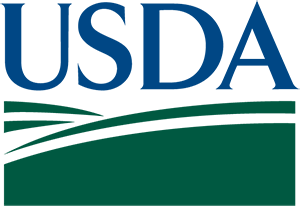 How can you keep your food safe during an emergency? The U.S. Department of Agriculture provides tips on how to handle food during emergencies -- power outages, floods and fires. Sometimes, the odors that develop when food spoils can be difficult to remove so they offer solutions and actions you can take in those types of scenarios as well.
How can you keep your food safe during an emergency? The U.S. Department of Agriculture provides tips on how to handle food during emergencies -- power outages, floods and fires. Sometimes, the odors that develop when food spoils can be difficult to remove so they offer solutions and actions you can take in those types of scenarios as well.
FoodSafety.gov
 FoodSafety.gov focuses on food safety in a disaster. They also offer resources on how to prepare and store an emergency food supply.
FoodSafety.gov focuses on food safety in a disaster. They also offer resources on how to prepare and store an emergency food supply.
HELPFUL APPS
MyShake
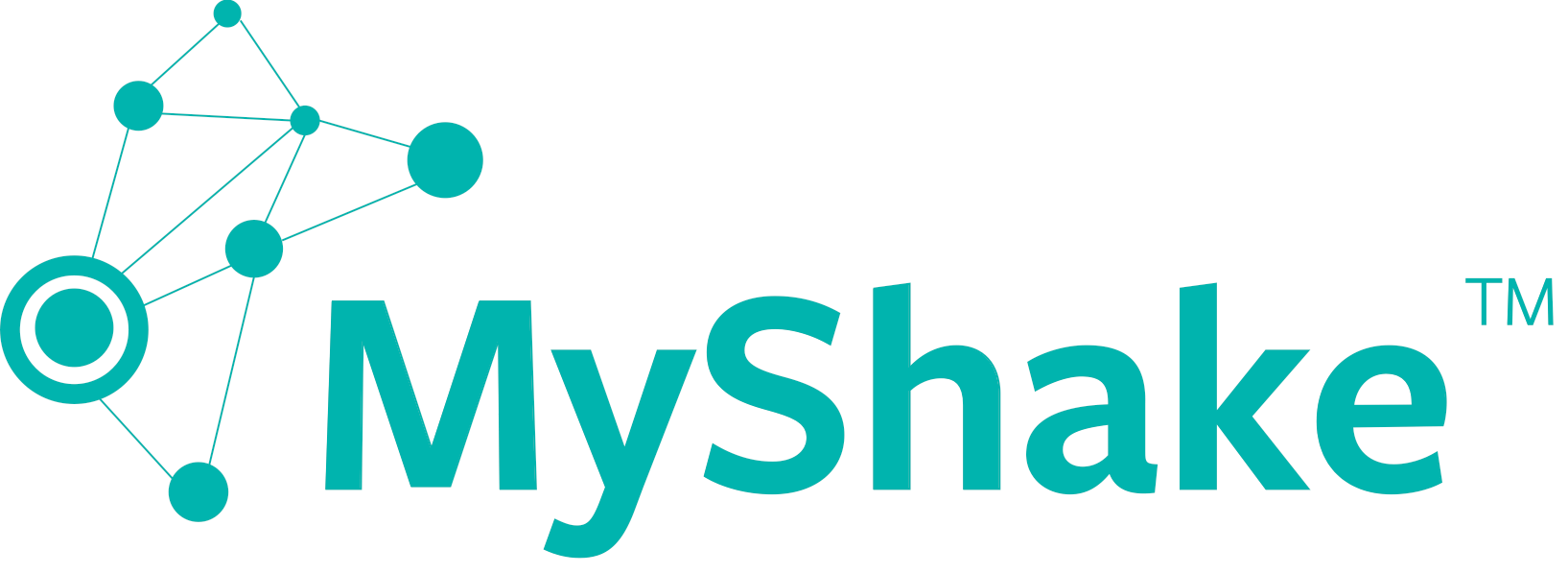 MyShake delivers ShakeAlert throughout California. It is earthquake early warning app that allows you to see damage and shaking reports along with information from the USGS and other global earthquake authorities.
MyShake delivers ShakeAlert throughout California. It is earthquake early warning app that allows you to see damage and shaking reports along with information from the USGS and other global earthquake authorities.
Temblor
 Temblor is an organization based in the Bay Area comprising seismologists and geologists who study and present the most current data and research on seismic events around the world.
Temblor is an organization based in the Bay Area comprising seismologists and geologists who study and present the most current data and research on seismic events around the world.
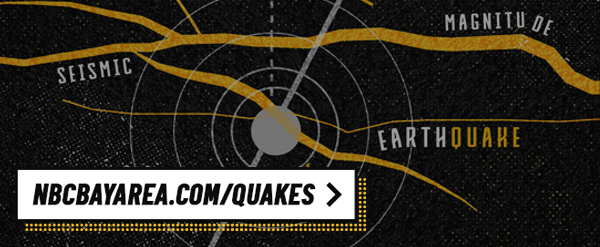
BAY AREA QUAKE CENTRAL
You can take steps to plan and prepare for the next big one. Access our Bay Area Quake Tracker, the latest earthquake stories, extensive quake prep checklists, videos and many other disaster preparedness resources all in one place: NBCBAYAREA.COM/QUAKES

